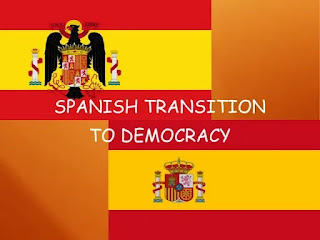On 10 June, the ESC hosted a timely seminar with Andreas Busch, who offered a comprehensive analysis of Germany’s new federal government and the broader political shifts shaping the country. Professor Busch—currently an academic visitor at the Centre and Professor of Comparative Politics and Political Economy at the University of Göttingen—drew on his long-standing expertise to assess the government’s early direction and the challenges ahead. The seminar was chaired by Othon Anastasakis, Director of the Centre, with Timothy Garton Ash serving as discussant.
Following the February 2025 general election, Germany’s political landscape has been dramatically reshaped. While the Christian Democrats (CDU/CSU) made modest gains, the far-right Alternative für Deutschland (AfD) surged to over 20% of the vote—an unprecedented rise. The Social Democrats (SPD) suffered their worst result in over a century, the Liberals (FDP) fell below the parliamentary threshold, and the Greens underperformed. Die Linke made a surprise comeback, while Sahra Wagenknecht’s new party narrowly missed entry into parliament. The result was a fragile CDU–SPD coalition led by Chancellor Friedrich Merz.
Professor Busch characterised the coalition as functionally pragmatic but internally fragile. Merz has repositioned the CDU in a more conservative direction, particularly on migration, while also abandoning earlier commitments to strict fiscal rules. The SPD, meanwhile, is undergoing internal consolidation under co-leader Lars Klingbeil, who now also serves as finance minister. Both parties face tensions around strategic direction and long-term viability.
Two pressing domestic challenges featured in Busch’s analysis: migration and economic stagnation. Migration continues to dominate public concern, with a majority of Germans favouring tighter restrictions. However, mainstream parties remain largely clustered on the permissive side of the policy spectrum, leaving political space that the AfD has effectively claimed. At the same time, local authorities report growing strain, as they are increasingly burdened with refugee accommodation and integration responsibilities. The disconnect between political rhetoric and practical implementation has become increasingly apparent.






